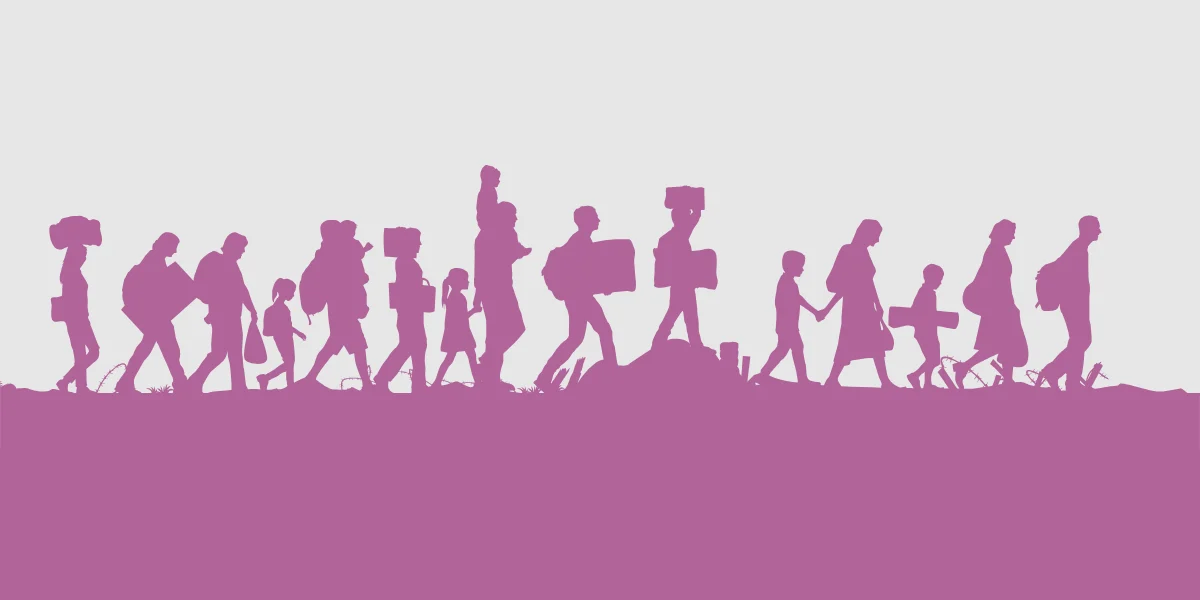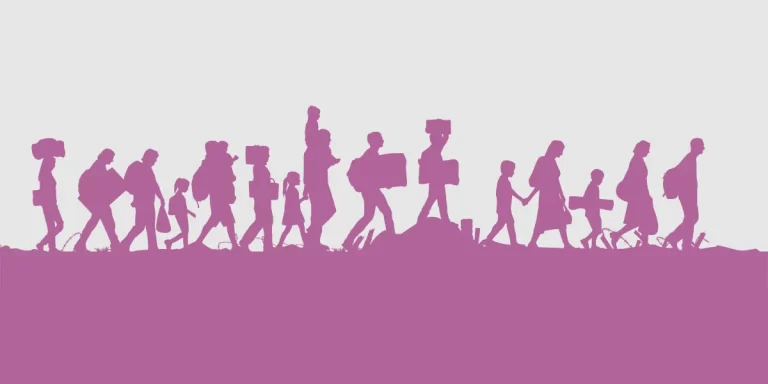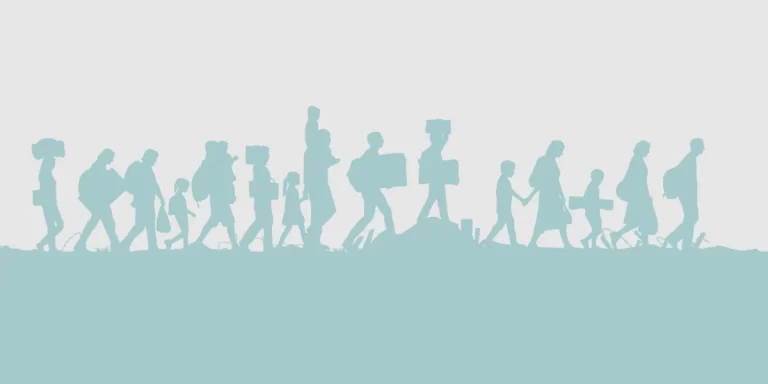What Does It Mean to Live for Years as a Migrant in Greece?
Have we ever truly thought about what it means to live in the country where we were born—speaking its language as our mother tongue, knowing its institutions, having rights, and benefiting from a network of support around us? And if we have, have we also considered how those who arrived here in search of a better future experience their daily lives?
What does it mean to be a migrant in Greece? To search for a job, demand decent working conditions, and struggle to find a home? To need healthcare and visit a public health facility? To study or aspire to study? To try to build a life in a society that at times sees you as a threat and at other times as a workforce that fills market needs?
These are not just practical concerns—they are deeply political processes. Migration is not simply a personal choice or a forced displacement; it is also a process of integrating into a new social and political landscape. How does society perceive you? Are your rights recognized? Do you have a voice? Do you have the right to vote? Do you have the power to assert yourself? The process of building a new life does not happen in a political vacuum—it is a constant negotiation with society, institutions, and political decisions that shape everyday life.
Nine migrants who have lived in Greece for several years—specifically in Crete—joined this discussion and shared their experiences. They spoke about both the hardships and the small comforts, the moments they felt welcomed, and the moments they felt invisible or excluded. They talked about work, education, civic participation, and the formation of their identity in a country that sometimes embraces them and sometimes pushes them away.
Why is it important to hear these stories? Because they concern all of us. If laws don’t apply and institutions don’t function for some, it won’t be long before they fail others too. As citizens of a country that both hosts and benefits from the presence of migrants, we have a responsibility to ask ourselves whether our society is truly fair and inclusive. And as citizens of the world—where movement and migration have always been part of human history—we must move beyond seeing migration as a “problem” and recognize it as an essential part of our collective evolution.



